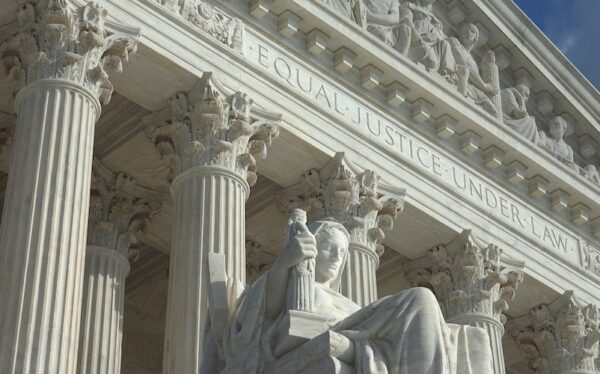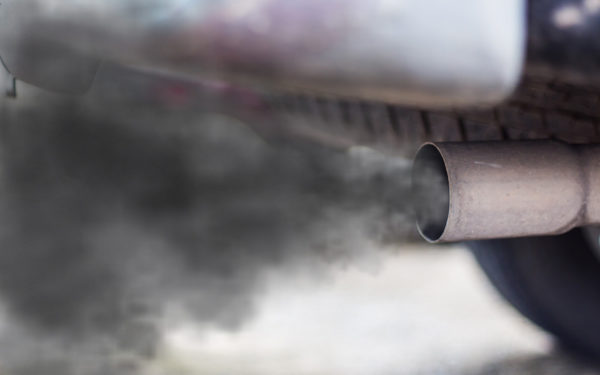Both the Wychmere Beach Club on Wychmere Harbor (pictured above) and the Wequassett Resort and Golf Club Pleasant Bay are discharging nitrogen above allowed limits into their surrounding waters. Photo: Shutterstock
For many New Englanders, the word “summer” is synonymous with relaxing on one of Cape Cod’s white sand beaches, spotting wildlife from a kayak, and enjoying lobster rolls or clam “steamahs.”
But unfortunately, the Cape is in trouble. Its gorgeous waters and beaches disguise an ugly truth: The Cape is facing a massive pollution problem. Toilet waste from septic and wastewater treatment systems contains dangerous levels of nitrogen, which flows through groundwater and then directly into our streams, rivers, and ocean.
This waste causes toxic algae outbreaks around the Cape and can lead to habitat destruction, fish kills, and beach closures. If that isn’t bad enough, how gross is it to be swimming in waters contaminated by human waste?
CLF is Taking Legal Action to Hold Polluters Accountable
In an effort to curb this toxic pollution, CLF has announced our intention to sue the Wychmere Beach Club and Wequassett Resort and Golf Club, both in Harwich, for violating the Clean Water Act. These large luxury resorts are popular destinations for summer tourists. As a result, they discharge a considerable amount of human waste into the local environment. Whenever a toilet flushes at one of them, the waste ends up in “leaching pits” located just a few hundred feet away from the Cape’s waters. Given the region’s uniquely sandy and porous soil, harmful pollution can seep from the leaching pits to the water in less than seven months.
This waste treatment method is sanctioned by the Massachusetts Department of Environmental Protection (MassDEP). Each resort has been granted a state permit that limits the amount of nitrogen it can discharge. Unfortunately, these permitted nitrogen limits are still too high to protect Cape Cod’s priceless bays. Yet both the Wychmere and the Wequassett are blowing even these limits, pumping much more nitrogen into the waters than the environment can handle.
The Wychmere discharges into Wychmere Harbor and the Wequassett into Pleasant Bay. Both waterways are already polluted with too much nitrogen, destroying their ecosystems.
The pollution isn’t always visible. Most of the time when you visit these resorts, the water looks beautiful. But below the surface, the excess nitrogen is helping the algae grow, wrecking the ecosystem of plants and marine life. The eventual algae outbreaks are the visible sign of the pollution problem, but the water’s still polluted even when an outbreak isn’t visible on the surface.
Allowing these resorts to keep pumping nitrogen into them at their current levels could bring these bays to the point of no return, making swimming, boating, and fishing all unsafe.
Two Resorts Shouldn’t Be Allowed to Pollute Our Precious Shared Waters
There is no excuse for these resorts to be polluting our shared resources. With rooms going for up to $1,000 per night in peak season, as hosts to elaborate, high-end weddings, and with their waterfront locations their major selling points, the Wychmere and Wequassett have the means and responsibility to prioritize environmental stewardship. Doing their part to prevent pollution now can only be a positive strategy for these resorts in the future. No one wants to spend all that money to swim in waters polluted by their own waste!
CLF is embarking on these lawsuits to secure the health of two waterbodies that are already in danger. Preserving Cape Cod’s waters has been one of CLF’s long-standing commitments. We want to ensure that every resident and visitor can enjoy the beautiful Cape waters for years to come.




